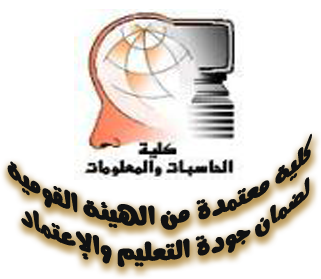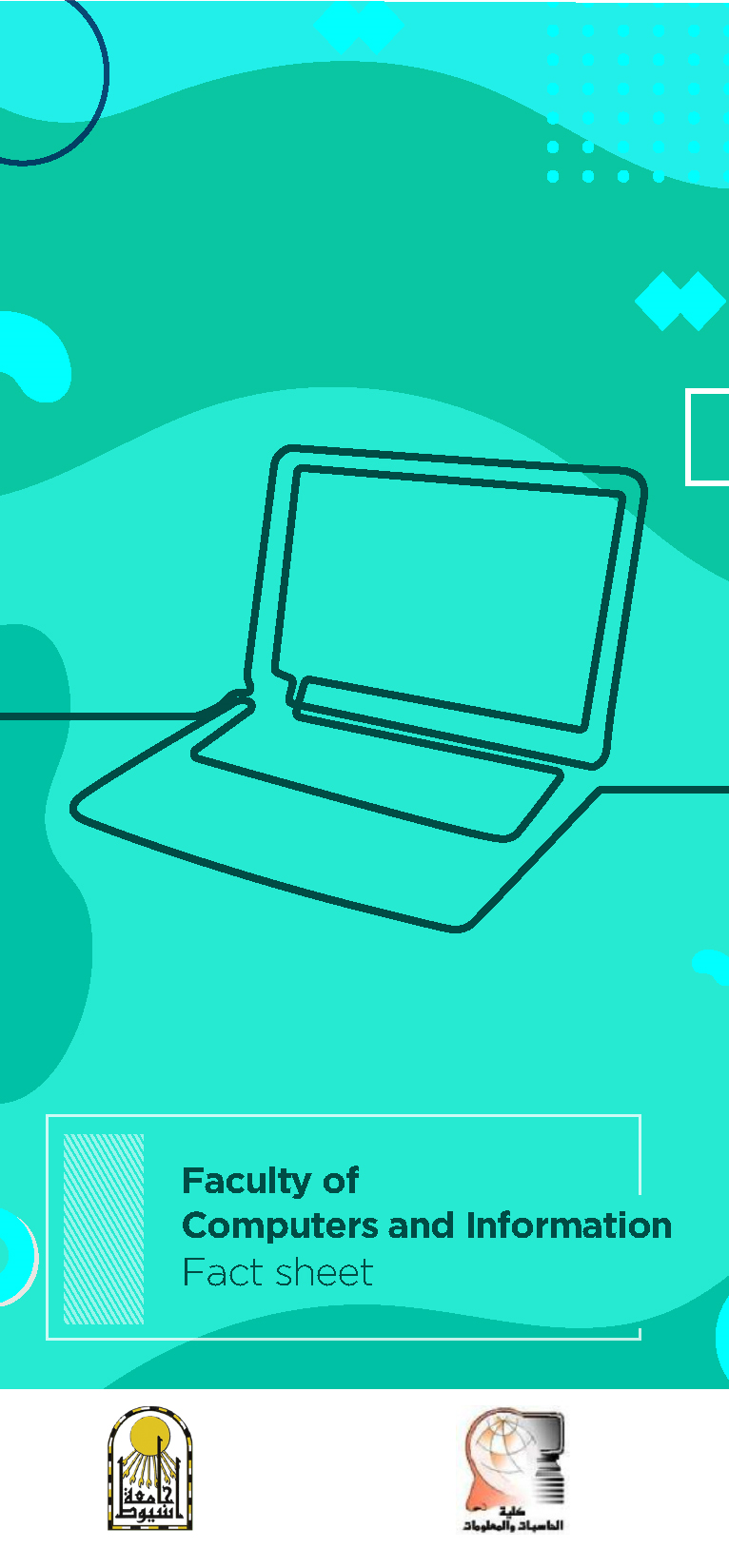Community service and environmental development affairs
Introduction
The Community Service and Environmental Development Sector at the Faculty of Computers and Information carries out many activities for its students and graduates in order to spread the culture of computer technology, as the current era is linking universities and educational institutions with the needs of society and the labor market is necessary and inevitable for sustainable development events in society and participation in developing the surrounding environment. Therefore, the community service and environmental development sector aims to support contact with universities, civil society parties, the business sector, and national and civil institutions, by supporting scientific research and developing students’ abilities and personal skills. In addition, the faculty sets its future plan for development and preservation of the environment.
Objectives
- Raising the efficiency of the community service affairs and environmental development sector, and working to develop participation and cooperation with educational and research institutions and centers and civil society institutions at the local, regional, and global levels.
- Preparing and organizing scientific conferences, seminars, scientific lectures, and training courses in order to improve community service and environment development.
- Preparing plans and programs that work to activate the university’s role in studying community problems, providing solutions to them, and contributing to development issues.
- Crisis management and solving the problems that the surrounding community suffers from and that are related to the fields of computers.
- Providing occupational safety and health and ensuring a work environment within the faculty.
- Upgrading the level of graduates.
- Working to meet the requirements of the labor market.
- Enhancing the faculty’s role in meeting societal needs at the local and regional levels.
- Enhancing the faculty’s role in protecting and developing the environment
- Create a positive dialogue between the faculty and the community.
- Increasing the revenues of the special units.
- Increasing the capacity of the environmental sector to contribute to sustainable development, community service and the surrounding environment, activating the role of centers and units of a special nature, and marketing the faculty’s educational, research, applied, and advisory services. As computers and information work within the faculty and under the supervision of the faculty’s agency for community service and environmental development a group of units of a special nature agency for Community Service and Environmental Development.
Tasks and achievements of the Environmental Affairs and Community Service Sector at the Faculty of Computers and Information:
- Signing an agreement with the Faculty of Computers, University of Dubai – Canada, Razan University – Russia, in addition to an under the signature agreement with Mubarak Academy of Sciences.
- Conducting cultural cooperation agreements and protocols with educational, research, local, regional. and international institutions.
- Establishing a coordination mechanism to establish joint projects between centers and units to address community and environmental problems in a complementary manner.
- Developing a strategy plan for research needed by society and developing implementation mechanisms.
- Enhancing solutions for community problems through multi-disciplinary applied research.
- Cooperating with other institutions to conduct field and applied research and carry out consultations facing national and regional issues.
- Establishing a system for financing and publishing distinguished research.
- Providing self and joint financial support with other funding agencies to help conduct research.
- Encouraging cooperation between university centers and units of a special nature.
- Building bridges of cooperation between the centers, college units, institutions and local, regional, and international bodies.
- Establishing a system to follow up the performance of the faculty’s centers and units.
- Establishing a mechanism to motivate and reward distinguished employees, directors of departments, centers and units within the faculty.
- Conducting a study to determine the environmental needs to solve community problems and achieve development and sustainable development.
- Promoting the faculty’s services in the field of research, environmental studies, consultations, and training.
- Holding conferences, seminars, workshops, periodicals, and bulletins for the centers and units of the faculty.
- The Environmental Affairs Sector follows the following units:
- Graduate Follow-up Unit
- Marketing unit
- Crisis and Disaster Unit
Special units
Community services
- Contributions to international, national and other projects:
- Participating at the V.C project with the HEEPF Education Development Fund.
- Participating at the continuous development and quality certification project.
- The currently active cultural agreements between the faculty and international institutions:
- Signing an agreement with the Faculty of Computers, University of Dubai – Canada, Razan University – Russia, in addition to an under the signature agreement with Mubarak Academy of Sciences.
Analysis of the external environment of the faculty:
It includes studying the impact of the external factors and influences that may have a role in the future in changing the external environment of the faculty. Accordingly, some of the expected variables may represent threats or create opportunities for the faculty that must be used. The external analysis of the Faculty of Computers and Information at Assiut University depends on a set of external factors that influence and can be identified in a number of 9 factors as follows:
- Stakeholders (beneficiaries).
- Competitors.
- Market trends.
- Current laws.
- Partners.
- Political and regulatory factors.
- Economic factors.
- Social factors.
- Technological factors.
The last 4 factors forming this group are what are known as macro-environmental variables, which are analyzed in PEST. The "SOWT" curriculum summarizes the external factors affecting the faculty in the form of opportunities and challenges, and these factors have their effect on the elements of the internal environment previously referred to in the analysis of the internal environment.



